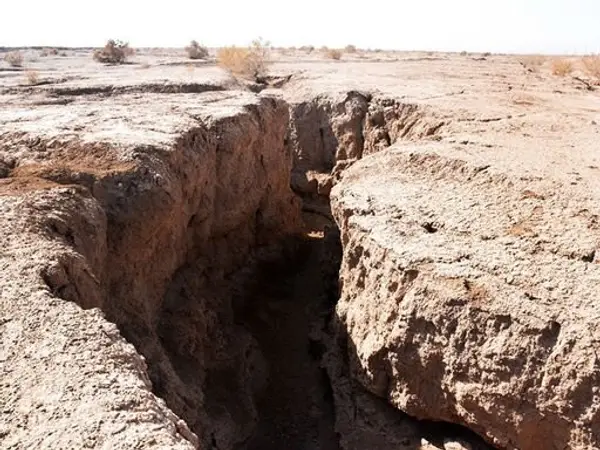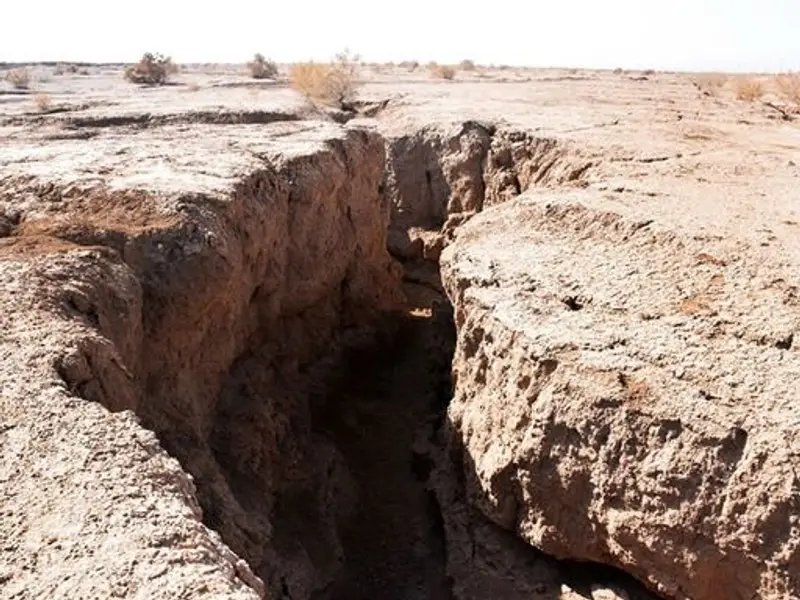Iran’s natural disaster taskforce says 20 million urban residents face ground subsidence in 18 of 31 provinces, warning about agricultural overuse of water.
Ali Baytollahi, the head of the taskforce said Iran has not come up with policies and rules to deal with the disaster, as drought and wasteful irrigation methods are depleting ground water reserves.
Depletion of underground water is one of the main causes for ground subsidence that can threaten not only cities but also agricultural lands.
Iran’s capital city Tehran is facing a serious problem of rapid ground subsidence due to decreasing ground water levels, Intel Lab intelligence an imagery consulting firm reported July 1.
Intel Lab published a series of satellite imagery showing relative levels of sinking ground between January 2020 and April 2021. In some areas the ground has sank up to 25 centimeters or more than 8 inches.
Reports and images showed in early October that international airport and historic buildings in Esfahan are sustaining damage from sinking land, as a result of over-reliance on ground water for agriculture amid recurring droughts.
Baytollahi has said that if Iran does not take serious action now, the country can soon reach a point of no return.

